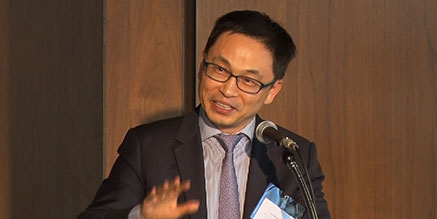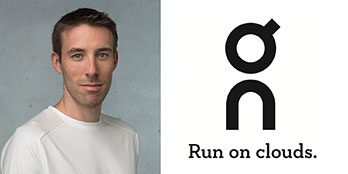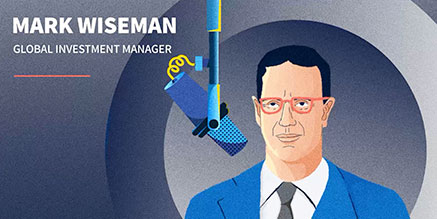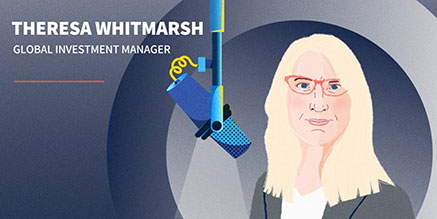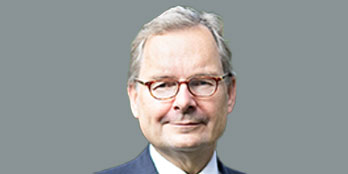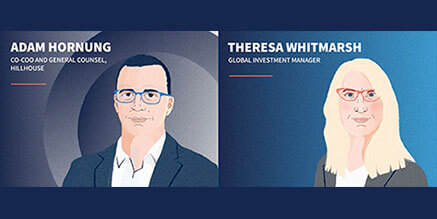Building a DPM company in the era of hyper-specialization: In conversation with the co-Founders of Novarete
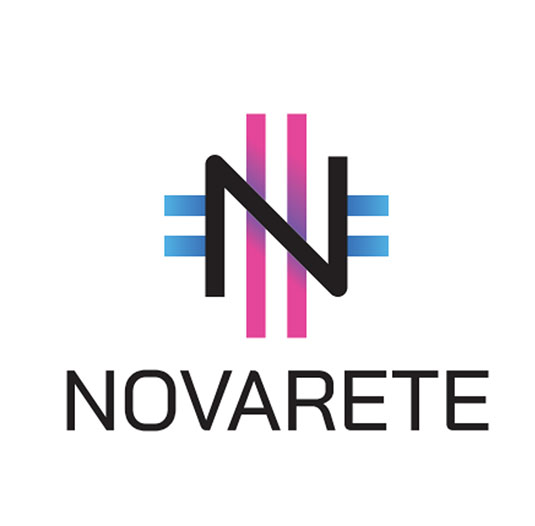
Software and automation enabled solutions specific to managing business processes, collectively known as the Business Process Management (“BPM”) industry, typically handle cost reduction, compliance, and other complex, long-running processes. Large corporations are outsourcing mission critical and highly complex processes to reduce pressure on in-house resources.
Accordingly, the number of software solutions used by large corporations for business process management and automation has grown 15-fold in the last decade, according to research from McKinsey.
The rapid evolution of this industry has resulted in market segmentation and specialization: domain expertise and platform solutions that focus on specific business outcomes remain key differentiators for BPM software and solution providers. Working closely with customers, BPM companies are capturing valuable insider feedback to shape better solutions. The very latest technologies streamline businesses and further generate business insights.
Cue the emerging need for Digital Process Automation (“DPA”), a distinct approach to providing BPM services focused on eliminating repetitive, time-consuming, and error-prone business processes via heavily automated or semi-automated workflows.
It is in this context that Hillhouse-backed Novarete, a Business Process Management (BPM) platform, was founded. It is a compelling proposition: two highly respected industry leaders joining hands to build a new business from the ground up and reshape the industry, leveraging their own experience, Hillhouse’s insights and an untapped market opportunity.
Novarete’s founding team brings unique experience to the table: Gautam Barai previously served as Chief Operating Officer at WNS (NYSE: WNS), leading the company’s turnaround to become a global BPM leader. Gautam Narayan spent more than 16 years investing in the sector at private equity firm Apax Partners, honing an in-depth understanding of the key elements that differentiate market leaders in the BPM space.
Together, they are building a global BPM platform with hyper-specialization in the critical and yet underserved segments of healthcare and insurance. Their goal is to scale efficiencies and better outcomes for end customers.
We sat down with Novarete’s founders, Gautam Barai and Gautam Narayan, to hear more on their vision for the business, their strategy for growth, and why they are seeking to build a “digital process automation” (DPA), rather than BPM, business.
Gautam Narayan: Early in my investment career I started covering tech services, before shifting my focus to both financial and business services. BPM sits right at the intersection of these three areas. It wasn’t long before the opportunity to radically improve how businesses in areas like healthcare and insurance reach and serve their customers became evident.
If you take healthcare as an example, there is a complex ecosystem in the US with extremely high costs and significant inefficiencies. There is a conscious attempt being made to align the interests of patients, insurers and healthcare providers by moving to Value Based Care. The tech stack within the healthcare vertical is very fragmented, as businesses have moved from legacy platforms to best-of-breed applications sourced from multiple vendors– presenting all kinds of data management, engineering and security issues for underlying businesses to grapple with. These dynamics present enormous opportunities for DPAs to offer solutions that combine clinical, technological and business process expertise.
When I met GB, we shared the view that there is a lot of value to be created in this space and knew that we had the expertise – from an investment, operational and specialization perspective – to build something really differentiated.
Gautam Barai: Historically, successful players in the BPM market have been those focusing on specific verticals to meet the needs of a certain sector. We wanted to push this advantage one step further by delivering hyper-specialization – applying deep domain expertise in the areas of healthcare and insurance to solve problems in these fast-changing but typically underserved sectors.
We see significant opportunity for hyper-specialization to overcome nuanced challenges in the insurance space or supporting specialized healthcare claims and care cycles, whether by streamlining revenue management processes or providing specialist technology and analytics.
Gautam Barai: When we really dug into the current state of the market, and sharpened our view of the opportunity set, it was clear that many BPM players operate as standardized, horizontal processing centers.
When they handle claims in health insurance, for example, they tend to process all claim codes in the same way, irrespective of the therapeutic line or structure of the care cycle. Ultimately, the needs of a patient claiming for physiotherapy for a minor sports injury are fundamentally different from a patient claiming for advanced cancer treatment – and the technologies and processing should reflect this.
Our hyperspecialized approach allows for nuanced and different coding related to oncology, for example, compared to coding in other therapeutic lines. Equally the back-office processing and entire ecosystem associated with oncology will be very different to what is relevant for cardiology, or behavioral health.
Each of these different areas face their own regulatory concerns, are reliant on varied technologies and treatments, and bring fundamentally different patient needs. Only specialized teams will truly understand what cardio treatment should include, or how the operations of a small physician’s practice differ to that of a large hospital.
Gautam Barai:Within healthcare and insurance, we plan to focus on revenue cycle and clinical process management – the way in which healthcare providers manage the claims they make to insurance companies for treatments. This is an area where providers in North America are facing cost pressures, talent and technology constraints, and burdensome regulation at both the state and federal level.
We’re also focusing on specialized healthcare claims, more niche segments that require expertise to analyze and automate. We plan to “verticalize” our healthcare practice by therapeutic area, each led by specialized chief medical officers. We are creating distinct workstreams focused on oncology, cardiology, behavioral health, and so on, which will differentiate our strategy from peers.
Gautam Narayan:The way the US healthcare market is headed, both payers and providers are looking beyond cost to ensure that outcomes and patient experience are a greater part of the equation. Getting this right requires deep domain knowledge. We also plan to use pricing models to create alignment with our customers – such as pricing on an outcome or treatment basis. This is quite a different value proposition from what more traditional BPM firms offer today.
Gautam Barai: Over the next 18 months, we plan to advance into very specialized segments of the healthcare and insurance markets, infusing digital tech and analytics to build an end-to-end holistic player.
Rather than building another business process management company, we want to break out of the standard mold to create a digital process management platform – a DPA rather than a BPM. People sometimes think of automation as a headwind for BPM companies, but we believe that embracing technology positions us to support healthcare providers and insurers with their own technology integration and digital transformation.
Gautam Barai: While developing our thesis on the BPM market we had the opportunity to get to know the Hillhouse team. We were struck by their open mindset – they had no preconceptions and were very open to new ideas.
They also really understood our vision: we aren’t here to build something that can be sold quickly. We want to build a sustainable model for the long term and the team’s ethos in this respect resonated with us.
Gautam Narayan: Hillhouse is one of the largest global healthcare investors. Their domain expertise and an in-depth understanding of the healthcare ecosystem is invaluable to our hyper-specialization method. Beyond their sector knowledge and extensive network, their experience gave us confidence in their ability to support the execution of our long-term ambitions.
Learn more about Hillhouse’s other portfolio companies here.






